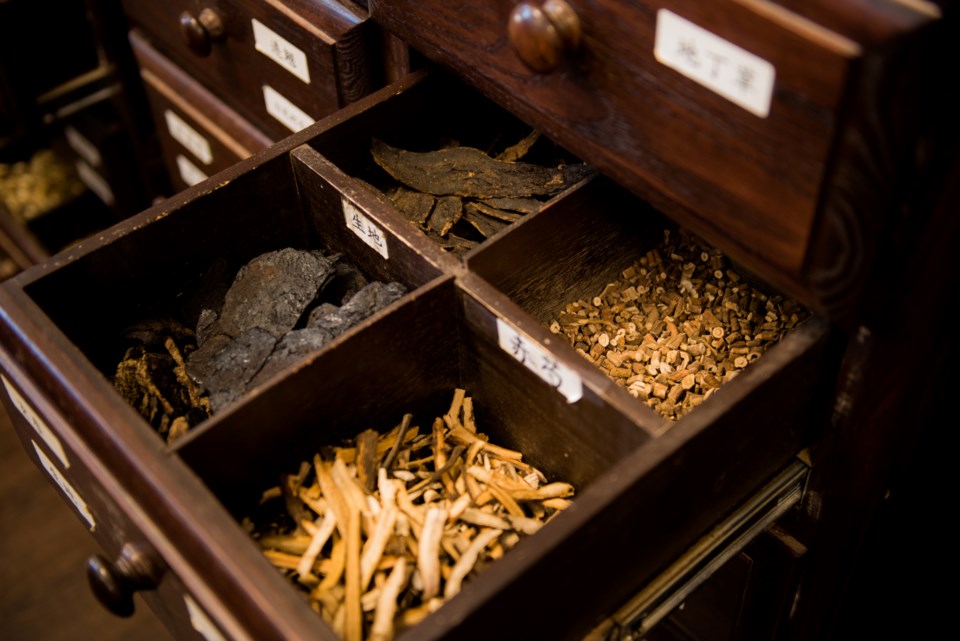Richmond students studying traditional Chinese medicine (TCM) in B.C. will be able to continue to take their exams in the Chinese language – thanks to a $175,000 grant from the provincial government.
The Canadian Alliance of Regulatory Bodies of Traditional Chinese Medicine Practitioners and Acupuncturists (CARB-TCMPA), an independent organization that offers exams for TCM professionals across Canada, announced in early January that “the simplified and traditional Chinese versions of the exams will be sunset with the October 2021 administration.”
The decision drew swift reaction from the local TCM community, which launched an online petition garnering thousands signatures demanding the CARB-TCMPA to reconsider.
Last week, Richmond South Centre NDP MLA Henry Yao, who along with other MLAs who brought up the concerns of the TCM community in the provincial legislature earlier, said the grant could benefit more than 120 students who plan to write their exams in Chinese over the course of the 2022 and 2023 academic years.
“This has been a great example of working together with our partners in the community to put students first,” said Henry.
Yao acknowledged the government’s one-time grant is a temporary solution, however it is an opportunity for the College of Traditional Chinese Medicine Practitioners and Acupuncturists of British Columbia (CTCMA) to mobilize resources over the transition period to best serve the interests of their members.
“Good changes take time. We respect CTCMA’s decision and meanwhile, we want to ensure that the grant will allow them to come up with better strategies to address the community’s needs and concerns,” added Yao.



